Communication Principles Worksheets Results
PRINCIPLES OF RISK COMMUNICATION WORKSHEETS
Principles of Risk Communication. guide by presenting several worksheets that walk through the actions needed to help put the principles into practice. There is a detailed worksheet dedicated to each of the three risk communication principles. These worksheets build from one another and are cross-referencing, as some activities expand upon or
https://url.theworksheets.com/30fe240 Downloads
Preview and Download !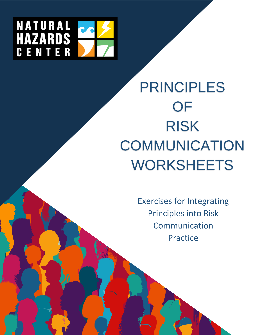
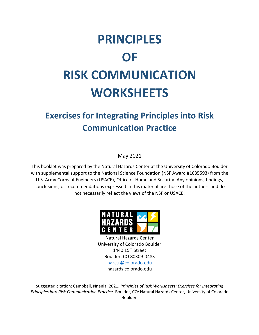
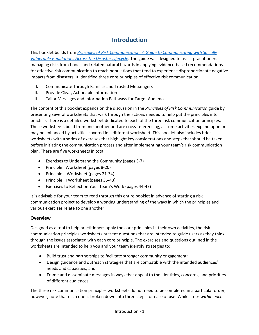
Effective Communication HANDOUT - bhevolution.org
Effective Communication XPAGE 4 OF 6 HANDOUT 8 Communication Skills As you apply the pointers in this handout in your everyday communication, practice the following basic skills, too. They are useful for expressingfeelings and resolving disagreements or conflict. Expressing Positive Feelings We all feel good when our efforts are acknowledged.
https://url.theworksheets.com/1fnw536 Downloads
Preview and Download !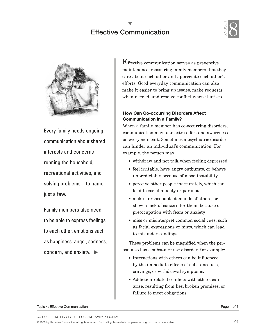
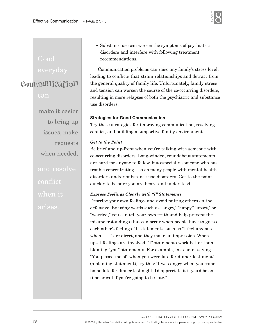
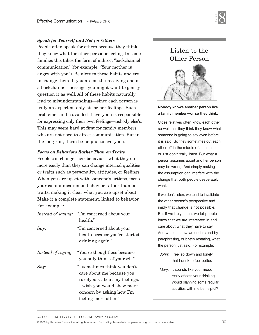
Lesson 1: Understanding Communication Basics
Lesson 1. Understanding Communication Basics Effective Communication (IS-242.b) Page 1.12 Instructor Guide February 2014 LISTENING Visual 1.12 . Key Points . Attending, or listening, is critical for successful communication. In fact, almost half of our communication time is spent listening. Listening entails much more than just hearing sound ...
https://url.theworksheets.com/1h5n333 Downloads
Preview and Download !


POSITIVE COMMUNICATION WORKSHEET - The 20 Minute Guide
POSITIVE COMMUNICATION WORKSHEET. Communicating 39 Be Brief. Only one request at a time, and stick to your point. (No: “and another thing…!”) First Try: You need to do a better job coming home on time. You’re stopping at the bar first is driving me crazy. Modified:
https://url.theworksheets.com/7v31148 Downloads
Preview and Download !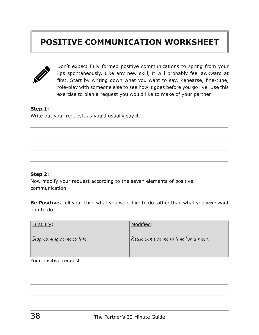
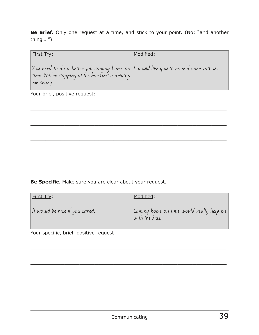
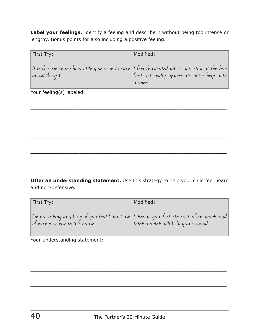
Communication Worksheet - Betty Therapy
Communication Worksheet From the moment a child is born they start to communicate with those around them. One important thing in understanding your child is learning how they communicate what they need and how they feel. Listening is the key to communication with your child. Listening means giving your full attention to what your child has to say.
https://url.theworksheets.com/8gg593 Downloads
Preview and Download !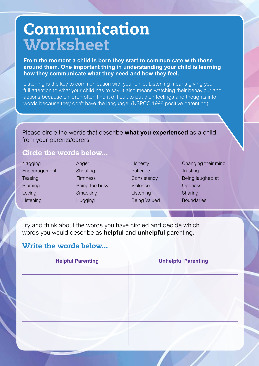
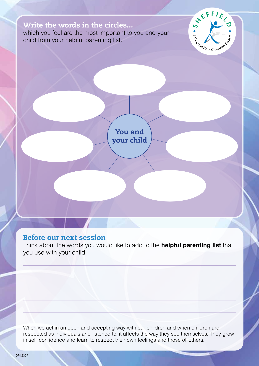
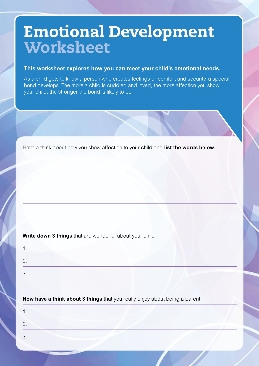
Effective Communication – Improving Your Social Skills - Anxiety Canada
communication skills at home, try it out in real interactions. It is a good idea to start small by talking to clerks, tellers, and cashiers at stores for example. Try increasing the amount of eye contact you make when talking with others; smile more, and pay attention to the reactions of others. For example, is the bank teller
https://url.theworksheets.com/4tk1398 Downloads
Preview and Download !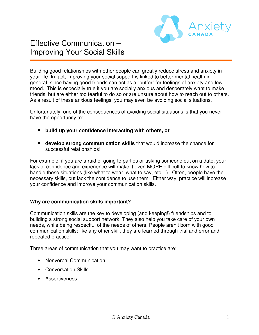
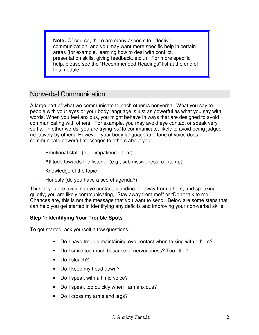
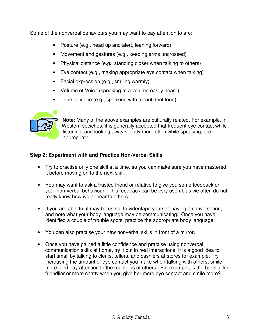
Risk Communication – Principles, Tools, & Techniques
communication principles 5) Develop supporting information 6) Conduct testing 7) Plan for delivery. Risk Communication: Core Principles “Most of the concerns and questions of upset or concerned people can be
https://url.theworksheets.com/5hcy222 Downloads
Preview and Download !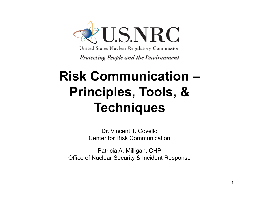
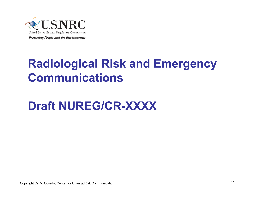
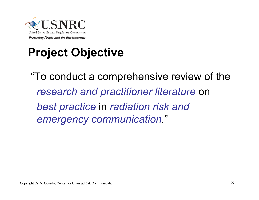
50 Communications Activities
certain principles and procedures (see other activities in Part I of this activity book). There are specific, sound principles and themes, but thousands of variations. 4. However, there is no right or wrong way to communicate effectively. 5. Everyone has their own communications style, and there are thousands and thousands of
https://url.theworksheets.com/7v21765 Downloads
Preview and Download !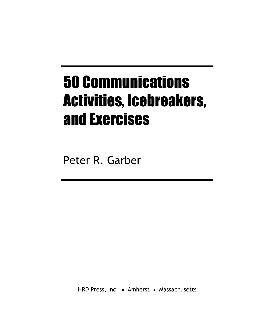
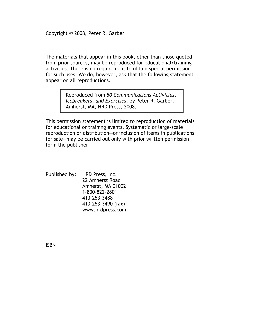
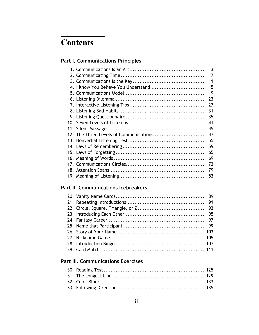
Principles and Practices of Nonviolent Communication - Outformations
Principles and Practices of Nonviolent Communication For access to more self-awareness and skillful connection with others, it is helpful to be able ... The 4 skills listed above are the essential components of Nonviolent Communication – a set of principles and practices created by Marshall Rosenberg during the 1960’s when he mediated
https://url.theworksheets.com/3zuk139 Downloads
Preview and Download !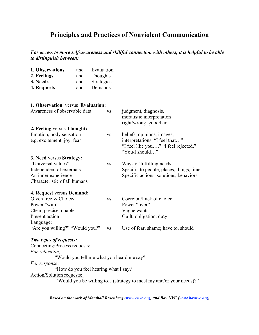
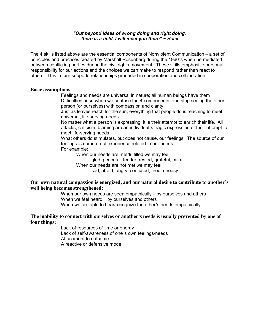

Keys To Effective Communication - National Interagency Fire Center
Non-Verbal Communication 65% of the message is sent non-verbally. Become sensitive to non-verbal messages. Look for such things as body position and movement, gestures, facial expressions, eye contact, silence, use of space and time, etc. § Eye Contact. If you look someone in the eye, they pay more attention to what is being said. § Posture.
https://url.theworksheets.com/1k3x590 Downloads
Preview and Download !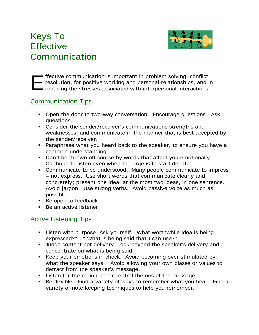
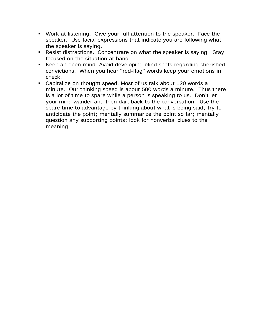
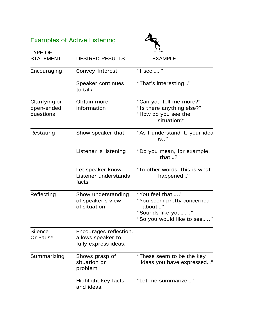
Next results >>